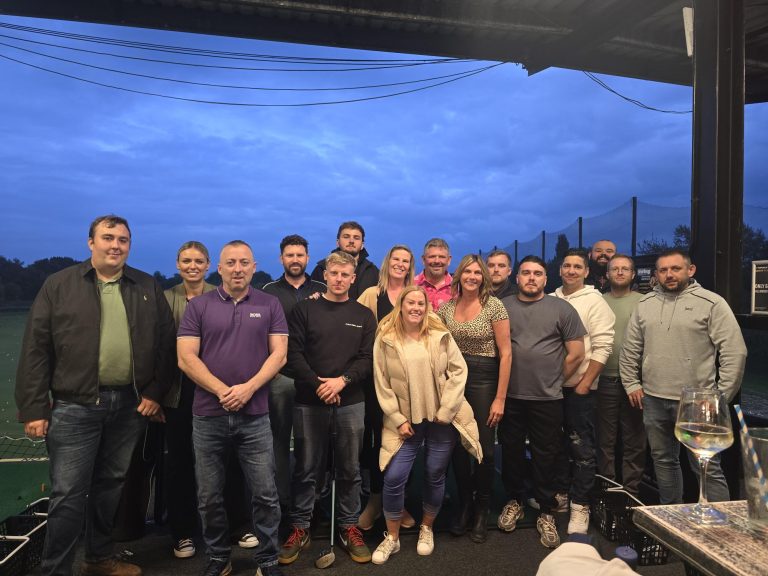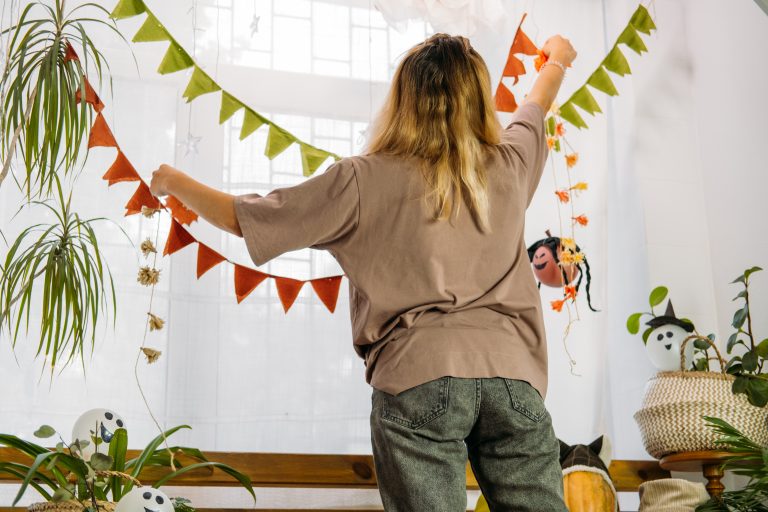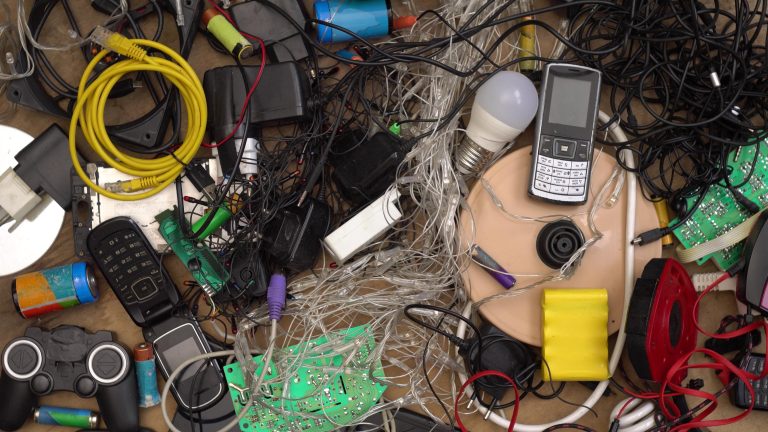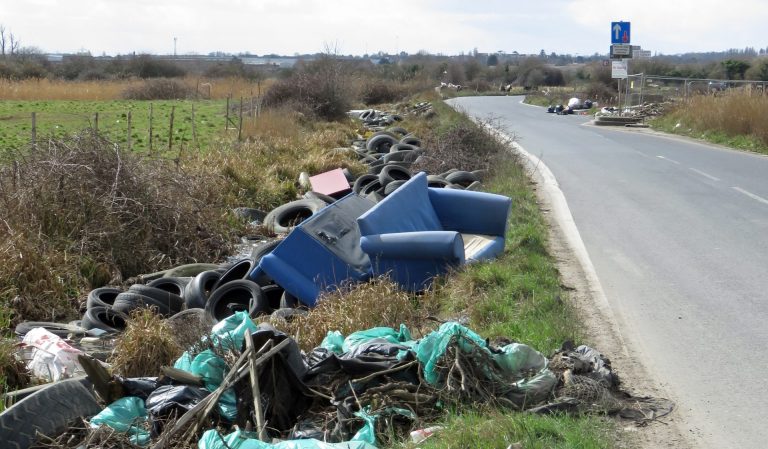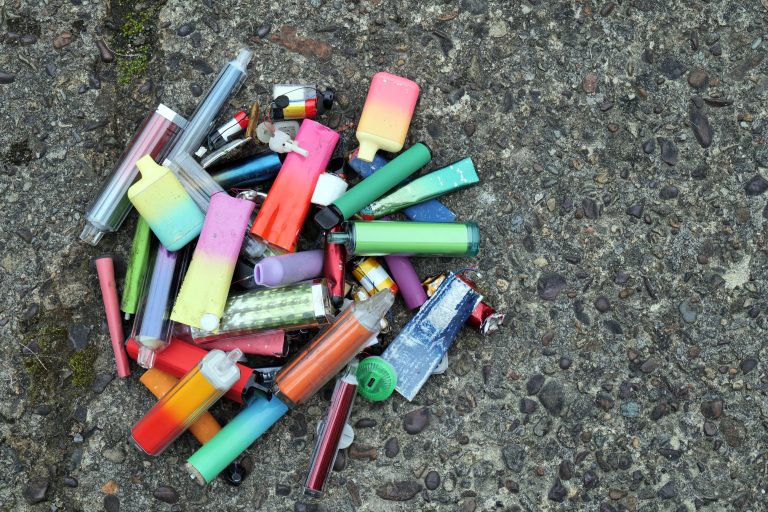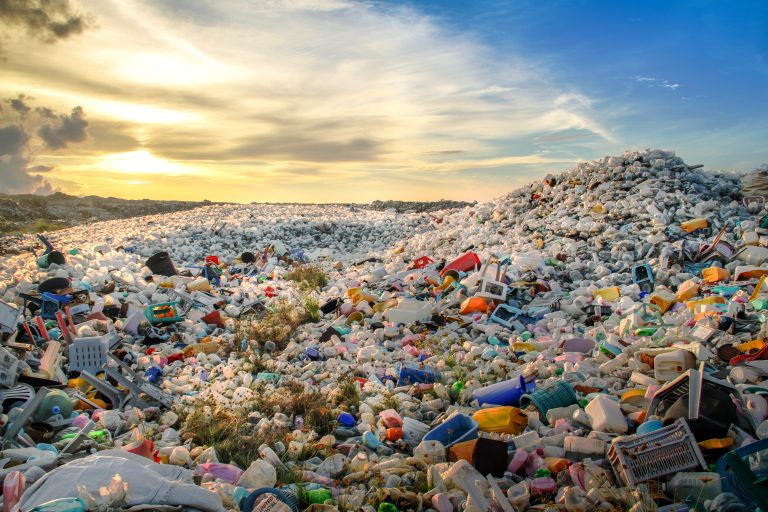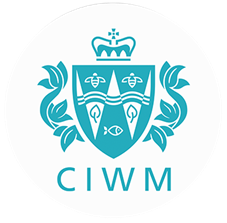Teaching children about recycling is a great way to instil lasting sustainable habits. With growing environmental concerns, it’s more important than ever to involve kids in recycling early on.
In the UK, where recycling programs are common, there are many fun and creative ways to help kids learn about recycling and sustainability in an engaging way.
1. Start with a simple explanation of recycling
Before starting activities, explain the basics of recycling to kids. Use simple language to show how items like paper, plastic, metal and glass can be reused to create new products, saving energy and resources. Explain that recycling reduces waste, helps wildlife and benefits the planet, using relatable examples like, “Recycling gives our old toys and bottles a second chance to become something new.”
2. Create a recycling sorting game
A fun way to teach kids about recycling is by setting up a sorting game. Use different bins for paper, plastic, glass and metal, and have kids sort items like newspapers, bottles and cans as quickly as possible. Make it more exciting by timing them or turning it into a race. This hands-on activity helps them learn where things go while enjoying the challenge!
3. Recycling Crafts: Turn waste into treasure
Crafting is a great way to engage kids with recycling. Use items like cereal boxes, plastic bottles and egg cartons to create new things, such as bird feeders, robots or pencil holders. This teaches kids the value of reusing materials while sparking their creativity and they’ll feel proud of turning “trash” into something useful or decorative.
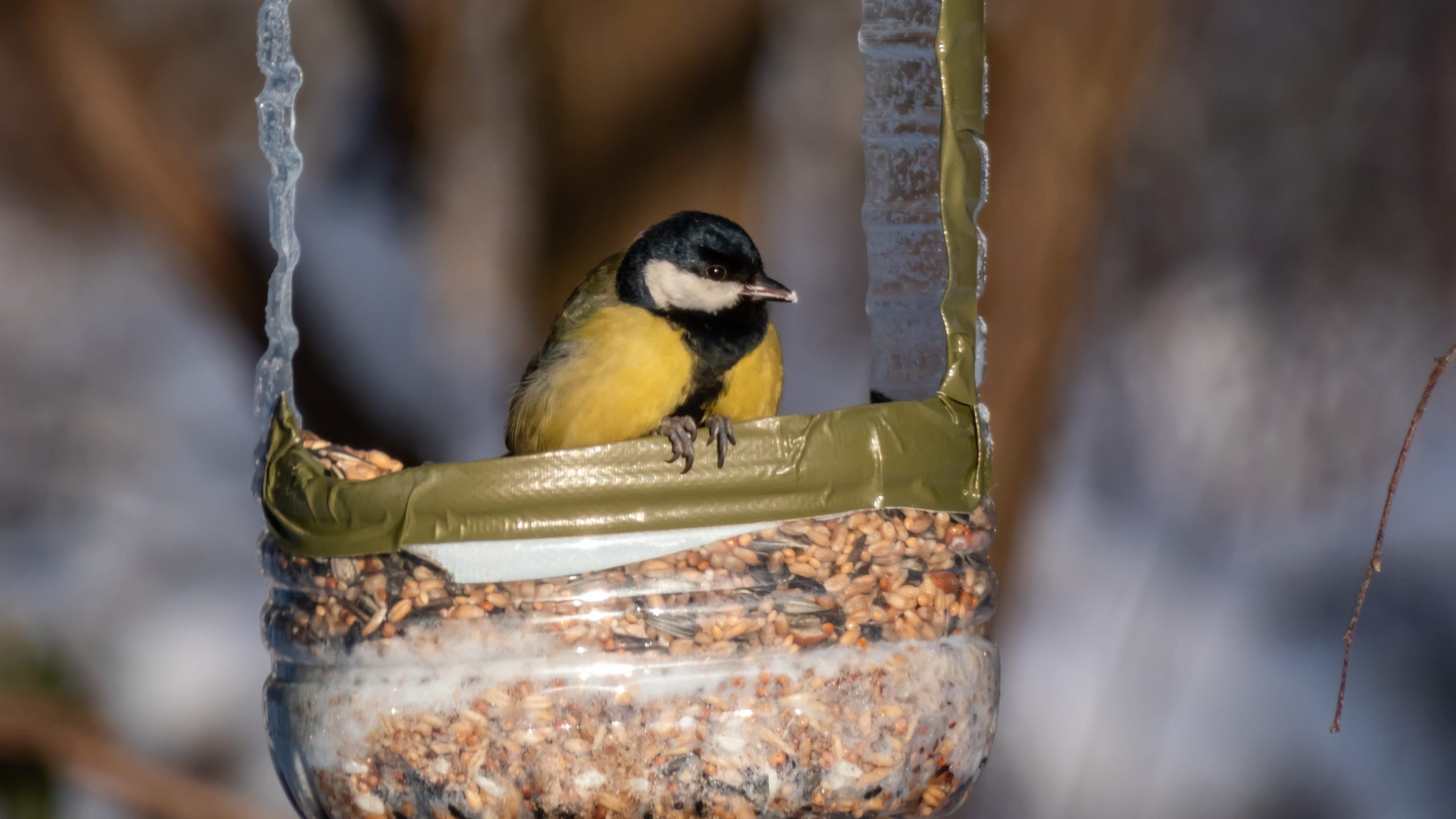
4. DIY recycling bin for the home
Involve kids by setting up a colourful, child-friendly recycling station at home. Decorate the bin with stickers and labels for different recyclables like paper, plastic and glass. Encourage them to help separate items daily, turning recycling into a fun, ongoing habit as they see their efforts pay off.
5. Read books and watch cartoons about recycling
Storytelling is a great way to teach kids about recycling. UK-based books like The Adventures of a Plastic Bottle and Michael Recycle, along with cartoons like The Rubbish World of Dave Spinks and Go Green with Green Hero, make recycling fun and engaging. Reading or watching these with your kids helps reinforce the importance of recycling.
6. Take a trip to the recycling centre
Many UK councils offer educational tours of recycling centres, allowing kids to see the recycling process firsthand. These tours often include interactive displays and fun activities, helping children understand how their efforts make a difference and why recycling is important.
7. Start a composting project
Recycling also includes composting organic waste! Teaching kids to compost food scraps helps reduce waste and create nutrient-rich soil. They can help collect scraps, turn the compost and watch it transform, learning about the life cycle of waste and how it benefits plant growth.
8. Recycle and reuse for the planet: Earth Day Projects
Earth Day (April 22nd) is a great opportunity to teach kids about recycling. You can make it a family tradition by joining local clean-ups, hosting recycling drives or creating eco-friendly art from recycled materials. It’s a fun way to show kids how recycling helps protect the planet.
9. Incorporate recycling into everyday life
Encourage kids to practice recycling daily by involving them in tasks like collecting and sorting recyclables after meals. Challenge them to find other items around the house that can be recycled or reused. This helps build good habits and makes sustainability part of everyday life.
10. Use apps and games to learn about recycling
If your kids enjoy technology, apps like Recycle City and Toca Nature teach recycling through fun, interactive games. These apps simulate recycling and waste management, keeping kids engaged with challenges and rewards while they learn about the environment.
Final Thoughts
Teaching kids about recycling in the UK can be fun through interactive games, creative projects and real-world experiences like visiting recycling centres. The earlier they learn, the more likely they are to carry eco-friendly habits into adulthood, helping to create a greener future. Let’s start recycling for kids and the planet today!
Happy recycling! 🌍♻️


